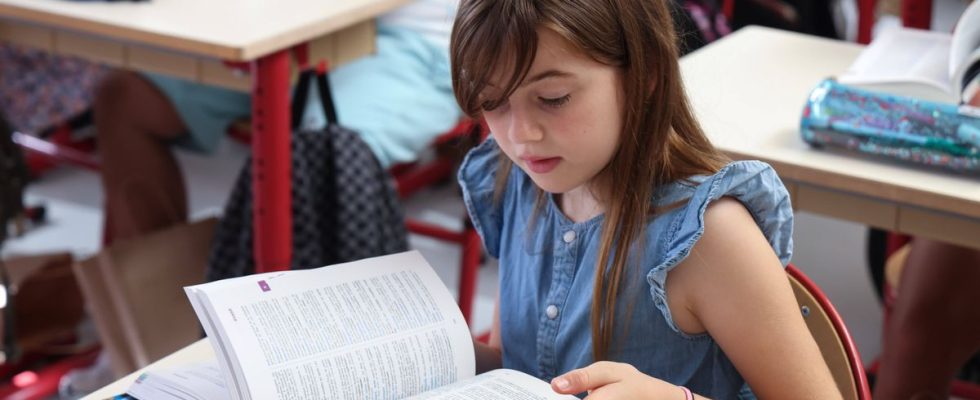Greenwashing: 26 points in Scrabble. Eco-anxiety: 21 points. And no offense to purists, these words are quite valid, since they appear in the new editions of Robert and Larousse. Alongside the young “bader”, “parkour”, “crush” or “instagrammable”, and the digital “miner” and “metaverse”, the two reference dictionaries of the French language have this year brought a slew of of words related to ecology and the environment.
In the Larousse, 15 of the 150 new words are linked to “new environmental risks and issues”. In a sample provided by Robert, the environment represents nine new words and meanings. What are these words from the field of ecology that enter dictionaries? What does this choice of words say about our society? What can the entry of these words change in the discourse on ecology? 20 minutes takes stock with Michelle Lecolle, professor of language sciences at the University of Paris 3 Sorbonne-Nouvelle.
What are the words of ecology and the environment that enter the dictionary?
In the newcomer class, only “greenwashing” acts as an Erasmus student. And again, the “inadvisable” Anglicism refers directly to the most outspoken “greenwashing”. Alongside it, we find “ecobridge” and “ecoanxiety”. Michelle Lecolle, who works to identify words and expressions formed with “green” or “durable”, notes that most of these new words “are compound words, either in morphology or with a prefix”. This is the case with “climate debt”, “megabasin”, “microplastic”, “aquaponics” or “biofuel”.
We note among them the “rewilding”, which has nothing to do with the theory of the extreme right on delinquency in society. It is a “mode of environmental protection consisting in restoring ecosystems to their natural, wild character”. Places, “resource centre”, “recycling”, “bricothèque” and “bicycle lock”, are also appearing. The bicycle is also fashionable with “cargo bike” and “velorution”. In meteorological language, the striking phenomena of 2022, “heat dome” and “cold drop”, are also making their debut as additional phrases, accompanied by the major challenge of winter, “energy sobriety”.
Why such a choice ?
“The dictionary finds a posteriori the use of a word or an expression, recalls Michelle Lecolle. With the worsening climate crisis, the series of heat waves last summer, the release of the latest IPCC report and a heightened awareness in society of environmental issues, the use of certain words has largely widespread. To the point of being “rooted in a practice”, underlines the linguist.
The media have thus largely played their role in the democratization of the “mega-basin”, with the coverage of the demonstrations in Sainte-Soline and subjects on the problem of the water war. The same goes for the word “eco-anxiety”, a term that has quickly spread among post-Covid-19 youth. The speed with which certain words imposed themselves does not fail to question Michelle Lecolle. “It takes a certain distance for a word to enter the dictionary” in normal times. This important entry of a “very targeted theme” would therefore reveal a structuring element of our society, “in tune with the times”.
Does that change anything for environmental discourse?
Among the notable entries, Michelle Lecolle notes the “vélorution”. A “play on words” originally, which “is more of a slogan”, and received an “anointing of trivialization” from Larousse, she analyzes. To enter the dictionary, does that mean to lose one’s political sense? Not necessarily, according to the linguist, the proof with “megabasin, an object that has become symbolic” of the environmental struggle. Other “activist words” thus receive their letters of nobility and a form of legitimacy, such as “climate debt”, and “enter society more broadly”.
However, it is not because the dictionary “sanctions the stabilization” of a word that it is unanimous. Michelle Lecolle thus points out the Handbook for cleaning up public debate (Ed. Seuil, 256 pages), “critical book on the terms that come under greenwashing”. Our expert also raises the problematization of “eco-anxiety, which the activist Camille Etienne rejects” by preferring to speak of “lucidity or vigilance”. Even within ecological spheres, words with a well-defined definition can thus “become an obligatory but discussed passage”. Because French remains a living language.

